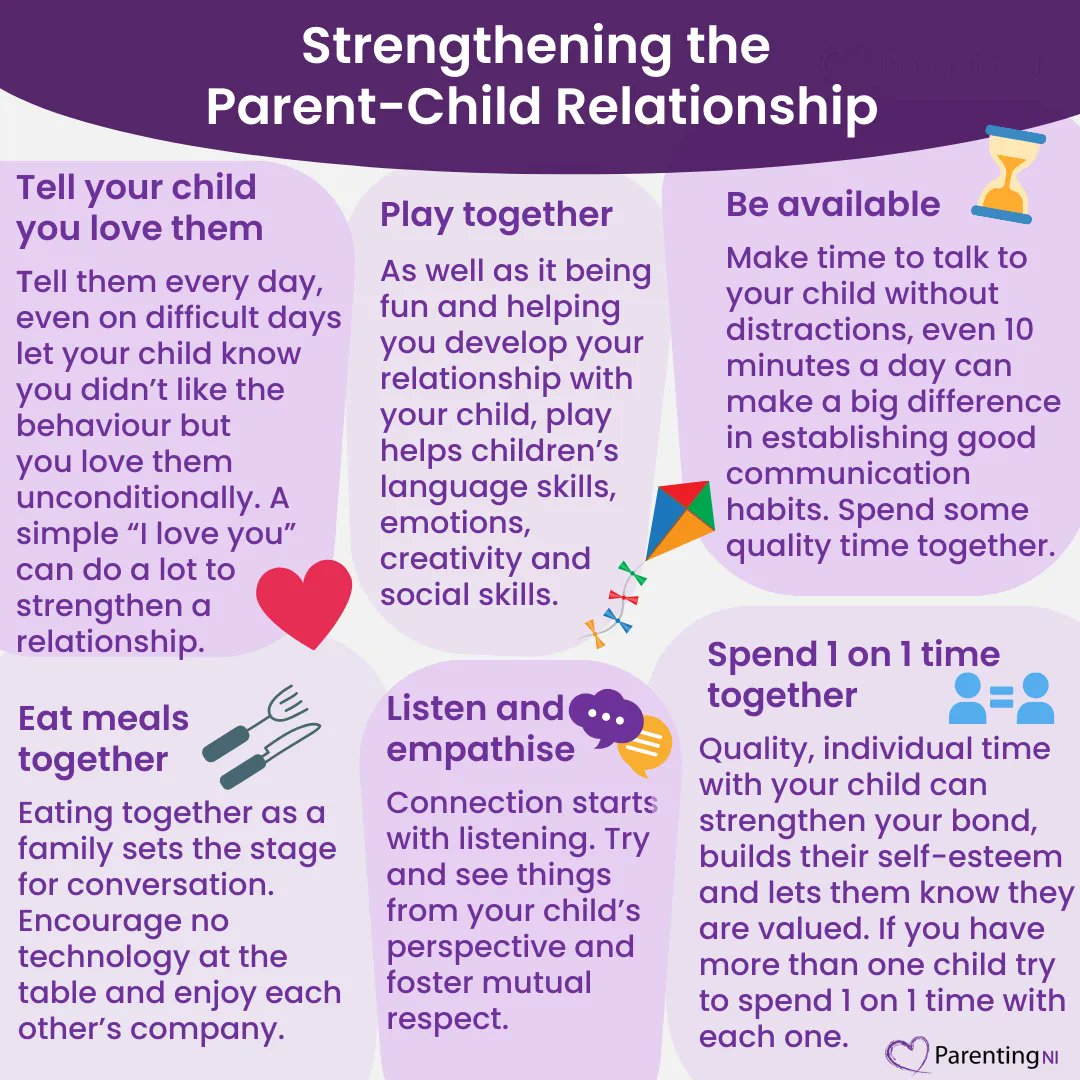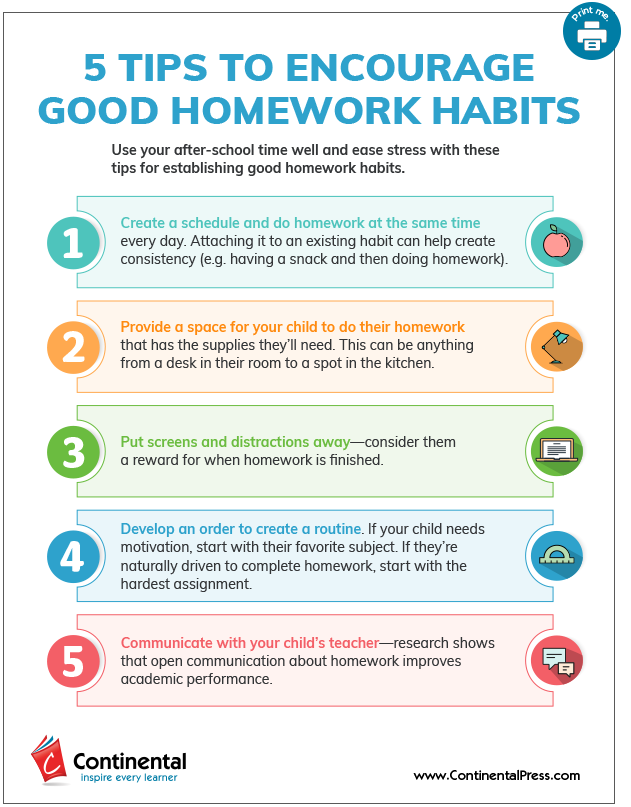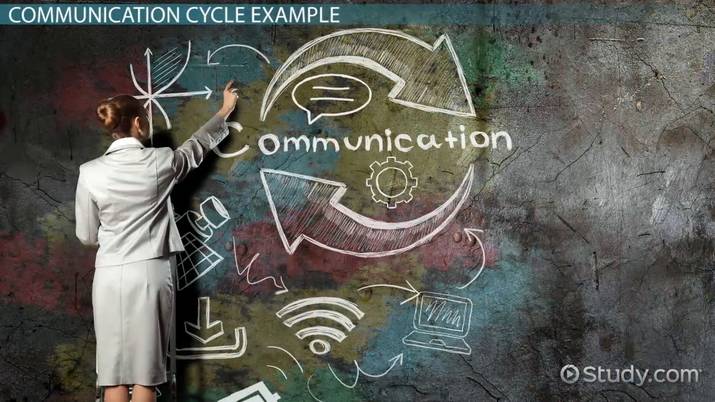Ways To Make Parent Child Communication A Habit: Proven Tips
Effective communication between parents and children is vital. It builds trust and understanding.
But making it a daily habit can be challenging. In today’s busy world, families often struggle to connect. Work, school, and other commitments take up time. Yet, strong communication is key to a healthy relationship. It helps children feel heard and valued.
It also allows parents to guide and support their kids. Building this habit requires effort and consistency. Small steps can lead to big improvements. Whether through daily chats or shared activities, there are many ways to foster communication. This blog explores simple strategies to make parent-child communication a natural part of everyday life. By incorporating these practices, families can strengthen their bond and nurture a supportive environment.
Building Trust Through Conversations
Creating habits for parent-child communication builds trust. Regular chats, active listening, and open-ended questions help. Simple daily interactions foster understanding and connection, making communication a natural part of life.
Building trust with your child through conversations can be a game-changer in your relationship. It’s about creating an environment where open dialogue becomes the norm. When your child feels heard and understood, they’re more likely to share their thoughts and feelings with you.Creating A Safe Space
To foster trust, start by creating a safe space for your child to express themselves. This means ensuring they feel comfortable talking to you without fear of criticism. Consider your own childhood: were there moments when you felt judged? How did that impact your willingness to share? Use these reflections to guide your approach. Encourage your child to speak freely by maintaining a neutral tone and body language. A relaxed atmosphere invites openness. You might be surprised at how much more your child will share when they don’t feel pressured.Listening Without Judgment
Listening is more than just hearing words. It’s about understanding the emotions behind those words. When your child talks, focus on them completely. Put away your phone and make eye contact. Avoid interrupting or jumping in with solutions. Sometimes, all they need is someone to listen. A friend once told me how her daughter opened up about a tough day at school simply because she listened without interjecting. Think about this: how often do you really listen to understand, rather than to respond? This simple shift in approach can make all the difference. By embracing these practices, you set the stage for ongoing, meaningful conversations. Over time, these exchanges will build trust and deepen your bond. What strategies will you try today to foster better communication with your child?
Credit: www.familyservicesnew.org
Incorporating Communication Into Daily Routines
Incorporating communication into daily routines strengthens parent-child bonds. Sharing moments like meals or walks fosters open dialogue. Encouraging questions and active listening builds trust and understanding.
Creating a habit of open communication between parents and children can be a game changer for family dynamics. One of the simplest ways to foster this is by adding meaningful conversations into your daily routines. By doing so, you naturally create spaces for dialogue that strengthen bonds and encourage openness. Let’s dive into a couple of practical strategies to make communication a consistent part of your day.Morning Check-ins
Start your day with a quick chat. Morning check-ins don’t need to be lengthy. A simple “How are you feeling about today?” can open up meaningful dialogue. Make it a ritual as you prepare breakfast or during the ride to school. Sharing your own plans for the day can also encourage your child to share theirs. It sets a positive tone, showing your child that their feelings and plans matter.Dinner Table Discussions
Dinner time can be the perfect setting for relaxed conversations. Turn off the TV, put away phones, and focus on each other. Ask open-ended questions like, “What was the best part of your day?” Encourage everyone at the table to share, including yourself. This not only models communication but also demonstrates that everyone’s experiences are valued. Use this time to discuss not just the day, but also bigger topics like future plans or family goals. Making these small changes can have a big impact on how you connect with your child. What other routines in your day could be turned into opportunities for communication?Using Technology To Enhance Dialogue
In today’s digital age, technology offers new ways to improve parent-child communication. While traditional face-to-face conversations are essential, integrating technology can make communication more frequent and engaging. It’s about using the tools at hand to foster a deeper understanding between you and your child.
Benefits Of Digital Tools
Digital tools can help keep the conversation going even when you’re apart. Messaging apps, video calls, and shared calendars are excellent for staying connected. They allow you to share updates and check in with each other throughout the day.
Using technology can also make discussions more interesting. You can use storytelling apps to read stories together, even if you’re not in the same room. These tools can help make communication feel more like fun, rather than just another task.
Think about the variety of apps available for sharing experiences. You can exchange photos, music, and even collaborate on digital projects. These tools help you understand your child’s interests and provide new topics for discussion.
Setting Boundaries With Screen Time
While technology is useful, it’s crucial to set limits. Too much screen time can hinder real-world interactions. Establish clear rules about when and how technology can be used for communication.
Make sure your child understands the importance of balance. Encourage them to step away from screens to engage in face-to-face talks. This helps ensure that digital communication doesn’t replace personal interaction.
Consider creating a schedule for tech use. Designate specific times for family video calls or app-based activities. This way, technology serves to enhance your communication habits, not overpower them.
How can you use technology to improve communication with your child without letting it take over? Reflect on your current habits and make adjustments for a healthier balance.

Credit: twitter.com
Encouraging Open Expression
Encouraging open expression between parents and children is crucial. It builds trust and strengthens bonds. This habit helps children feel heard and understood. Open expression allows both parties to share feelings and thoughts freely. It creates a safe space for dialogue. Making this a regular part of family life can transform relationships.
Fostering Emotional Intelligence
Teach kids to recognize their emotions. Help them label feelings like happiness, sadness, and anger. Discuss these emotions together. Encourage them to think about what causes these feelings. Guide them on how to express emotions safely. This nurtures their emotional intelligence. They learn to manage their feelings better.
Use books and stories to illustrate emotions. Discuss characters’ feelings and actions. Ask questions like, “How do you think he feels?” This encourages empathy. Children understand others’ emotions too. It strengthens their ability to communicate openly. Emotional intelligence grows through regular practice.
Promoting Honest Feedback
Encourage children to share opinions honestly. Make them feel safe to speak their mind. Let them know their voice matters. Avoid judging their thoughts harshly. Listen actively to their feedback. This builds their confidence. They learn to express themselves without fear.
Model honest communication yourself. Share your thoughts openly with them. Ask for their opinions on family matters. Show appreciation for their input. This promotes a culture of transparency. Honest feedback becomes a natural part of daily interactions.
Use constructive language when correcting mistakes. Avoid criticism that discourages open expression. Focus on solutions and learning. This encourages children to share their experiences. Regular honest feedback improves understanding and strengthens family ties.
Handling Conflicts Constructively
Encourage regular talks between parents and children to build strong communication habits. This strengthens trust and reduces conflicts. Active listening and open-ended questions make conversations meaningful and engaging.
Conflicts between parents and children are inevitable. They’re part of growing up and learning how to navigate relationships. The key is not to avoid conflicts but to handle them constructively, transforming potential blow-ups into meaningful conversations.Effective Conflict Resolution Techniques
When tempers flare, it’s essential to focus on effective conflict resolution techniques. Start by listening actively. Make sure your child knows you’re genuinely interested in their perspective. Next, practice calm communication. Use “I” statements to express your feelings without blaming. For instance, say, “I feel upset when you don’t do your chores,” rather than, “You never help out.” Finally, work together to find a solution. Encourage your child to suggest ways to resolve the issue. This empowers them and reinforces the importance of collaboration.Turning Disagreements Into Learning Opportunities
Disagreements can be valuable learning opportunities. Use conflicts to teach your child important life skills like empathy and compromise. Ask them how they think the other person feels and explore different viewpoints together. Encourage self-reflection. After resolving a conflict, discuss what worked and what didn’t. This helps your child become more self-aware and better equipped to handle future disagreements. Consider your own experiences. Think back to a time when a disagreement taught you something valuable. Share this with your child to illustrate that conflicts can lead to growth and understanding. How do you typically handle conflicts with your child? Could these strategies transform your approach?
Credit: www.continentalpress.com
Frequently Asked Questions
What Are The 3 C’s Of Parenting?
The 3 C’s of parenting are Consistency, Communication, and Compassion. Consistency ensures stability and routines. Communication fosters understanding and trust between parent and child. Compassion nurtures empathy and emotional growth. These principles guide effective parenting, promoting healthy relationships and development.
What Are 5 Strategies That Can Be Used To Facilitate Effective Communication With Children?
Use simple language and maintain eye contact. Listen actively and show empathy. Encourage open-ended questions. Use visual aids or stories to explain concepts. Maintain a calm and patient demeanor.
How To Deal With Parents Who Constantly Put You Down?
Communicate openly with your parents about how their words affect you. Set boundaries respectfully to protect your mental health. Seek support from friends or professionals. Focus on self-care and building confidence. Surround yourself with positive influences to counteract negativity.
Conclusion
Building strong parent-child communication takes time and effort. Keep conversations simple. Listen actively and show empathy. Make talking a daily habit. Share stories and experiences to create bonding moments. Be patient and understanding. Encourage open discussions about feelings. This helps build trust.
Use positive words, showing care and support. Every interaction counts. Celebrate small progress. Consistency matters most. Remember, the goal is connection and understanding. Regular communication strengthens family bonds. It creates a safe space for children to express themselves. Start today for a better tomorrow.
Make communication a joyful part of your daily routine.



